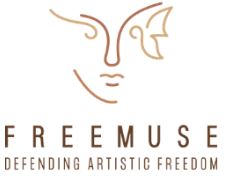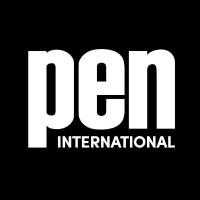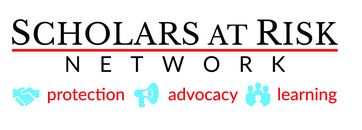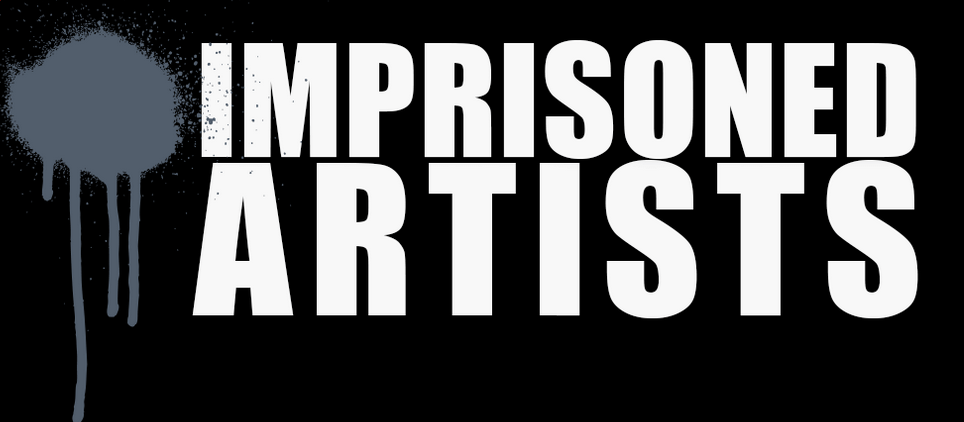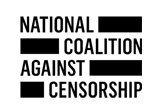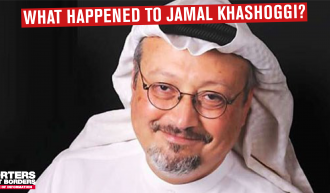Today, Friday December 10th, a paper about ”Critical Voices – UNESCO’s instruments in Defence of Freedom of Expression of Artists, Journalists and Scientific Researchers” has been published in Paris. The paper is prepared by the Permanent Delegation of Denmark at UNESCO.
UNESCO has worked with freedom of expression for artists, scientists and especially media for many years, but is a rather new phenomomen to combine the three efforts and look comprehensively at the challenges.
”What is interesting is that the three groups are sitting together and talking about these matters”, says Ole Reitov, a Danish veteran activist in protecting artists’ freedom of expression. ”Of course, there are major differences. Artists mostly work alone, while media people are much more used to organize themselves. But still, something new is happening at the moment”.
Having worked three decades as a music and culture journalist all over the world for the Danish Broadcasting Corporation, Ole Reitov served three years as advisor to the DCCD, the Danish Center for Culture and Development, before he joined Freemuse, an international organisation defending musicians rights to freedom of expression.
Based in Copenhagen, Freemuse was co-founded by Reitov in 1999. Retiring in 2017 as Executive Director of the organisation, which had then become the world’s leading organisation documenting and advocating artistic freedom, he continued working as an expert consultant to UNESCO and others on artistic freedom and co-developed UNESCO’s training module as well as monitoring system for artistic freedom, now a reporting requirement for more than 150 countries having ratified the 2005 UNESCO Convention on diversity of cultural expressions.
Concrete recommendations
Carsten Staur, the Danish ambassador to UNESCO, explains in an email to DDRN.dk that ”the new report is intended to be a contribution to continued discussions – and action – in UNESCO. It contains 25 concrete recommendations about how we can induce UNESCO to give higher priority to efforts to secure freedom of expressions – in concrete terms for key actors in society like artists, journalists and scientists – and how we can at the same time mobilize the organization to strengthen the efforts in this area and how to strengthen member countries’ and civil society’s focus on the issue as well as the potential use of UNESCO instruments in a more active way”.
Based on the upcoming UNESCO paper and other current initiatives, Ole Reitov observes that ”things are moving fast in many fields at the moment – at the paper level. When it comes to implementation, it’s much harder”.
In the report itself, the reasons for writing a common report for the three groups are summed up like this:
”It is thus both critical and timely to promote a renewed UNESCO vision of a cross-sectoral approach to freedom of expression … As we have seen, artists, journalists and scientific researchers are facing fairly similar challenges with respect to their freedom of expression. Standing up to and defending the unique roles of these professional groups – and doing so jointly – may therefore strengthen not only the individual voices within each profession, but also strengthen them as a collective group. The benefits of a cross-sectoral approach are numerous. It may pave the way for new opportunities; develop joint messaging; deliver collective impact; and uphold freedom of expression as not only an individual right, for which no critical voices should be silenced, but also as a collective right that empowers people at large.”
Denmark has traditionally concentrated its UNESCO contributions on media, while support for persecuted artists mostly has come from Sweden and Norway. Focus on free science is a relatively new field, but it’s currently threatened everywhere, according to Ole Reitov, even in the Nordic countries. Scientists have to apply for funds for research projects all the time, and funders have all kinds of political leanings. It gives very little space to follow own interests and ideas.
”The Covid situation has made it obvious that researchers who have questioned governments’ policies not exactly have been popular”, Ole Reitov observes.
The starting point of the new UNESCO report is in its own words ”the worrying fact that critical voices of artists, journalists and scientific researchers are under growing threat in many societies. This is increasingly the case, as countries around the world have used the COVID-19 pandemic to further limit freedom of expression. All such threats must be countered. Bringing evidence to the attention of the international community is important – regardless of whether these threats concern killings or other forms of attacks on artists, scientific researchers and journalists, such as kidnapping, enforced disappearance, arbitrary detention and torture, or they concern the underlying causes of these professions’ vulnerability to media, culture or science capture”
Self-censorship
The positive perspective in more cooperation in protecting freedom of expression within the fields of media, art and academics could also turn out to be more research in censorship in the world of artists and journalists.
”We really need more research in the complex mechanisms of censorship, including self-censorship, which is an important factor in all three areas”, says Ole Reitov.
”If you are engaged in a project which has already cost a lot of money and which means a lot to you, and if you then have to choose whether to include some sensitive item, do you then dare to take the risk? Are you willing to risk your whole career? Then, the self-censorship sets in, and it’s very effective”.
”There exist very little academic research into this mechanism. Nobody knows how many of these kinds of research projects that have been blocked from the start because of lack of funds. How many early climate researchers have for instance been stopped after pressure form the oil companies?, Ole Reitov asks.
It’s hard to convince artists to step forward and tell openly about censorship and self-censorship. Ole Reitov’s own understanding of the mechanism comes to a large degree from his experiences in South Africa after the fall of apartheid.
”Already from the 1980’s, I had a keen interest in how censorship worked in South Africa. After the fall of apartheid, I had an opportunity in the mid-1990’s to sit together with a former censor at the South African radio to know how the whole machinery worked. I learned a lot form that”, Ole Reitov says.
But in understanding the ways censorship works, ”an interdisciplinary approach is essential. Otherwise you will only look into the same tubes all the time”, he continues. This is why the cooperative efforts at the UNESCO level might have important perspectives.
Right to science
Concerning the freedom of expression for academics and scientists, the Danish legal scholar, Helle Porsdam, an expert in the field and an UNESCO Chair in Cultural Rights, will soon publish an academic book about the issue.
”While overlapping in important ways with the right to health, the right to science … is more than ’merely’ the right to health. It is a right in and of its own. In addition to concerning human creativity, it is also about making possible and safeguarding scientific knowledge and the consensus of relevant experts on a scientific matter after due consideration from those whose interests are threatened”, she recently wrote in a comment to another UNESCO paper titled ”A human right to science”.
One aspect of science freedom which has been controversial in the Danish public recently is Danish scientists’ cooperation with Chinese colleagues about research which might be directly useful for China’s development of its military.
In the Danish web magazine Raeson, Helle Porsdam wrote recently:
”The implicated Danish scientists have had to relate to the political consequences of their research. They have had to think forward and imagine what their research could potentially result in. These scientists are not trained in such diplomatic and ethical exercises, and many of them lack a form of diplomatic-ethical set of rules which might help them in these kind of situations”.
Generally, the increase in recent years of the number of authoritarian governments in the world and the increased tendency to authoritaricism within more democratic countries has made the situation concerning freedom of expression harder for any group in society. But, certainly, the Covid-19 pandemic has made it even harder.
”The move to virtual space increased the opportunities for interference,” David Kaye, the former U.N. Special Rapporteur who wrote a 2020 Report on the promotion and protection of the right to freedom of opinion and expression, explains.
”Government surveillance suddenly became harder to detect when classes and work products were online. Trolling and intimidation almost certainly had an impact in some virtual academic spaces, with the possibility of self-censorship probably greater than in the physical classroom.”
”This alone would spell trouble for higher education. But it occurred alongside an increasingly sophisticated global trend of authoritarianism, creating a recipe for possible disaster as the academy’s migration online opened up significantly more space for authoritarian governments to fill”, David Kaye is quoted for by the webmagazine The Fire.
The power of Zoom
In June 2021, The web platform Zoom which has had tremendous advances during the Covid-19 lockdowns admitted that, in accordance with requests from Chinese officials, the company had closed accounts of a handful of users located outside of mainland China after they hosted events commemorating victims of the Tiananmen Square Massacre.
The web magazine FIRE, joined by the National Coalition Against Censorship and PEN America, wrote a letter asking Zoom to explain how universities can rely on the service to provide education across borders — including to hundreds of thousands of international students who could be unable to leave China due to travel restrictions — with no certainty about when Zoom will remove students or educators in China from virtual classrooms.
Svetlana Mintcheva, Director of Programs at National Coalition against Censorship in New York, explained in The Fire, that ”when a private company controls the virtual space in which University classes and meetings are conducted and that company decides to refuse its platform to an academic program because of the viewpoints to be expressed in it, principles of academic freedom are in peril”.
Ole Reitov points to reports from the Swedish Agency for Cultural Policy Analys (Kulturanalys), a body assigned by the Swedish Government to evaluate and analyze effects og cultural policies.
The Agency has published three reports focusing on various aspects of threats to artistic freedom in Sweden – including threats to curators from civil society groups claiming they represent various minority groups finding various exhibitions offensive.A recent report also challenged the manyfold criteria set up by the Swedish Arts Council for their calls for applications.
“It’s primarily the agency’s manner of integrating different horizontal perspectives in grant allocations that could potentially have an adverse effect on artistic freedom”, the report claimed referring to “24 descriptions of its work involving LTBTQ issues and gender equality on its website reinforces the picture that the agency values these perspectives in a way that is problematic in relation to the ideal of artistic freedom”.
“The manyfold criteria put over the head of applicants is a worrying tendency of political control of culture”, says Ole Reitov, ”something which we see even more in countries such as Poland and Hungary, where ultra-nationalist forces reject art and artists challenging the current political elite”.
SUPPORT DDRN SCIENCE JOURNALISM. DONATE DKK 20 OR MORE![]() (APPLICABLE IN DENMARK ONLY)
(APPLICABLE IN DENMARK ONLY)


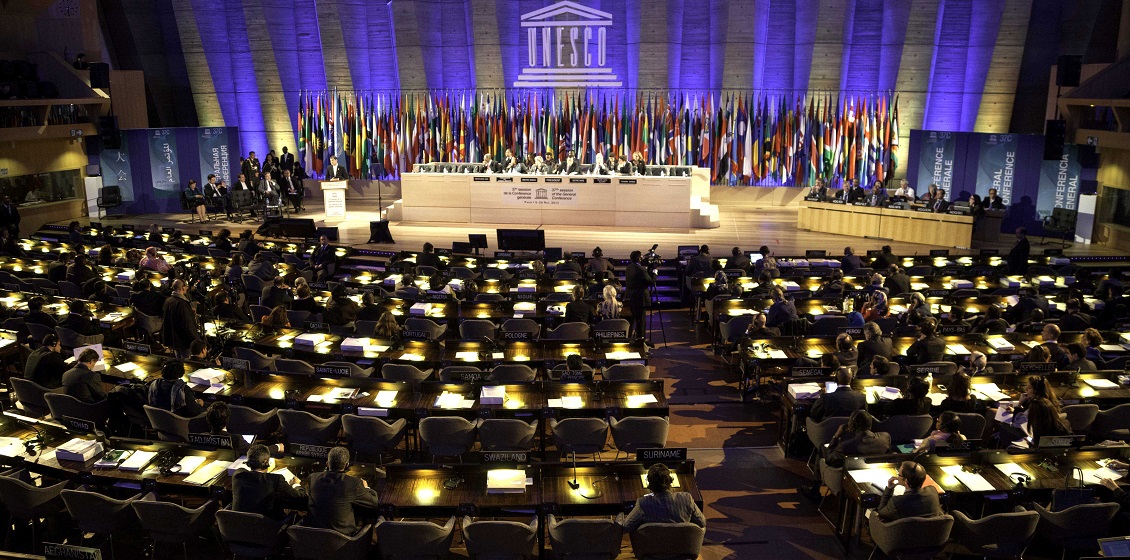
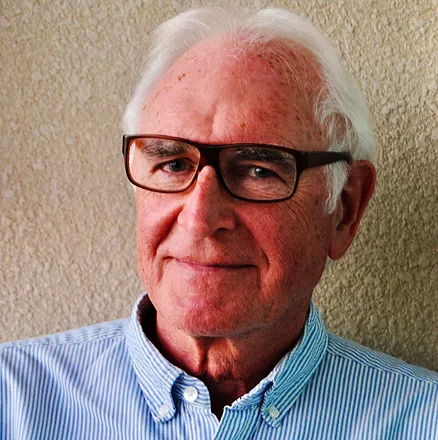
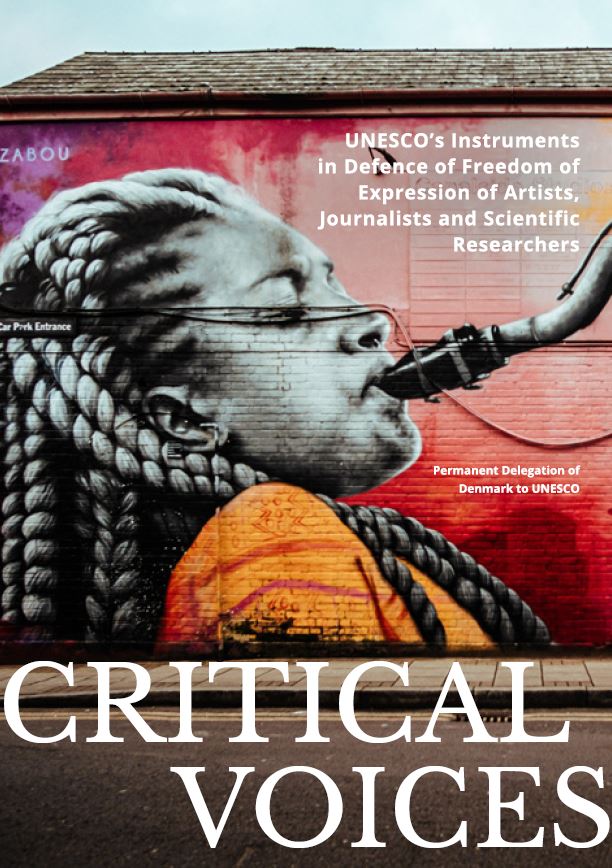
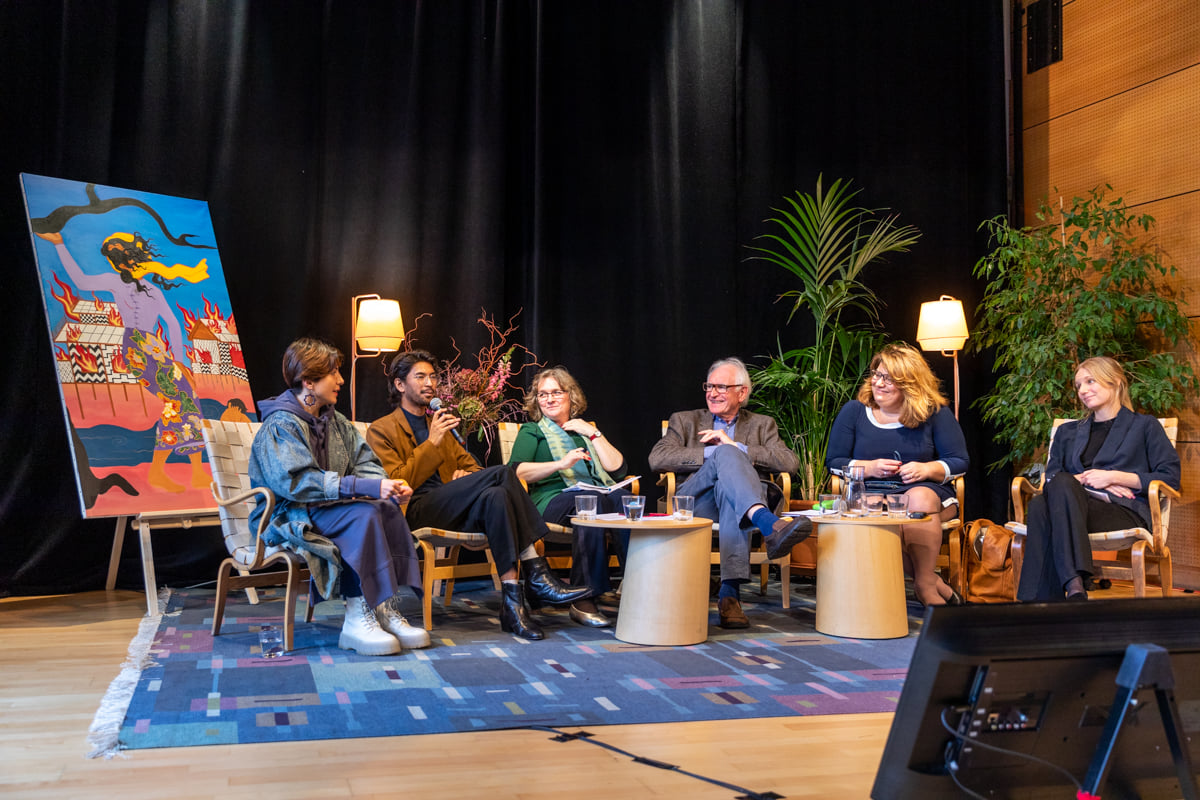 EU National Institutes for Culture workshop in Paris
EU National Institutes for Culture workshop in Paris